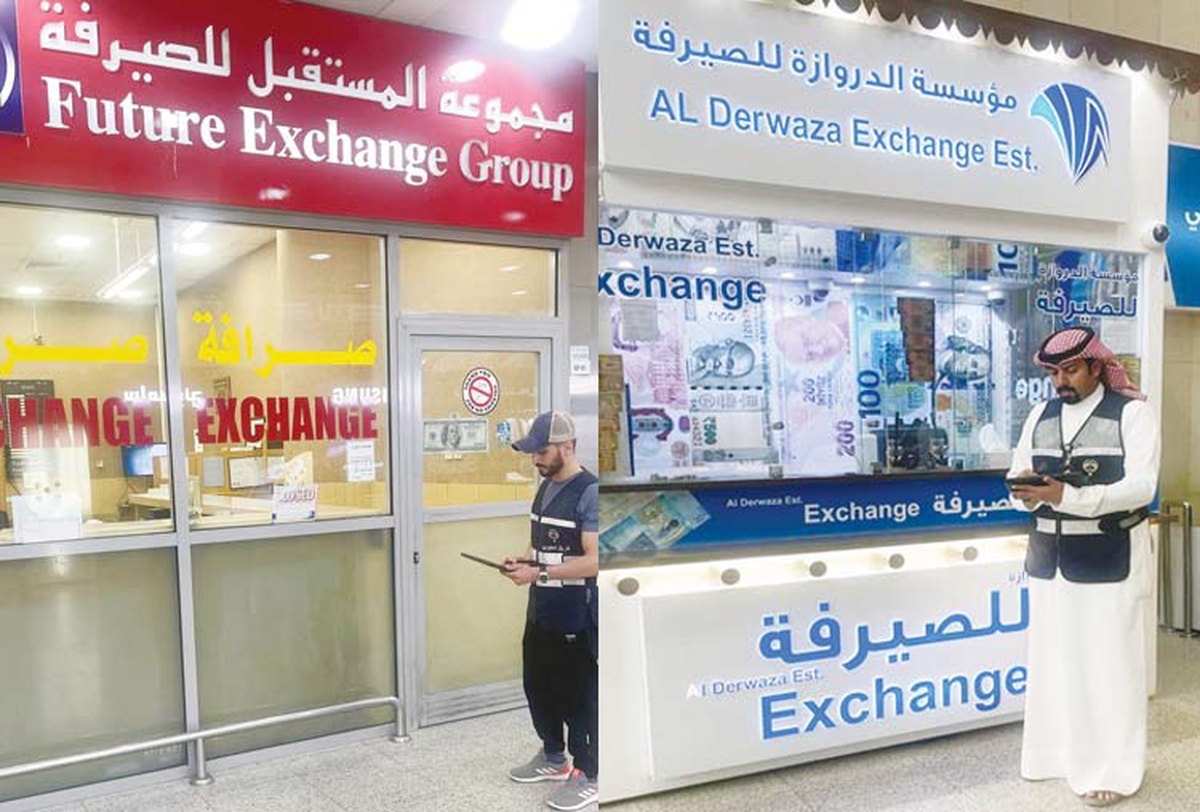02/04/2025
02/04/2025

Al-Ansari revealed that one shop was closed in Fahaheel out of 138 establishments. He praised the shop owners who adhered to the instructions and refrained from resuming operations until their businesses were converted into companies. Al-Ansari affirmed the Commercial Supervision Department’s commitment to enforcing the law and urged exchange businesses to contact the Central Bank of Kuwait to rectify their status. He highlighted the keenness of the Ministry of Commerce and Industry to meet the requirements of the Financial Action Task Force (FATF) in Kuwait’s assessment of anti-money laundering and counter-terrorism financing, as it is one of the regulatory bodies responsible for enforcing the AML/CFT law, adding that this assessment is important for the country’s future economic outlook.
Meanwhile, banking sector sources believe that the requirement for exchange businesses to convert into companies with a capital of KD 2 million is a major challenge for many, and will potentially force them to exit the market and leave it to be dominated by a few companies. They stressed that most of these institutions already comply with the necessary procedures outlined by the Central Bank of Kuwait for companies under its supervision, including using the customer’s civil ID when collecting amounts over KD 3,000 and using KNet for transactions. In addition, the Ministry of Commerce and Industry affirmed that it will continue to suspend and prohibit commercial activities for companies and institutions that fail to comply with the new regulations. The ministry said exchange offices must submit an application to establish an exchange company with a fully paid capital of no less than KD 2 million. Currently, the number of exchange offices operating in the local market under the supervision of the ministry is limited to 138 companies and institutions.


